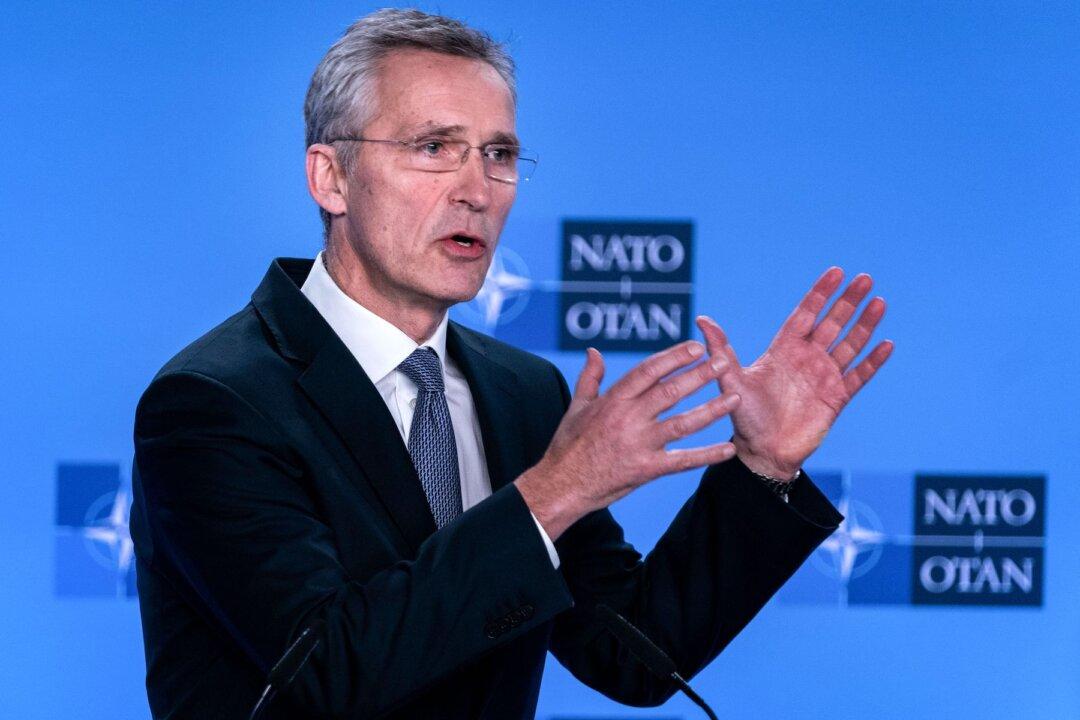NATO Secretary-General Jens Stoltenberg said following the meeting of foreign ministers representing 30 NATO states from both sides of the Atlantic that NATO’s military readiness had not been impacted by the CCP virus pandemic and the Alliance will “speed up and step up assistance” to civilians to combat the health crisis.
The video conference meeting was held on April 2, 2020, with the main goal to assess NATO’s response to the CCP (Chinese Communist Party) virus, commonly known as novel coronavirus and ensure that its military readiness is not impacted by it, as well as to address other security challenges worldwide.





